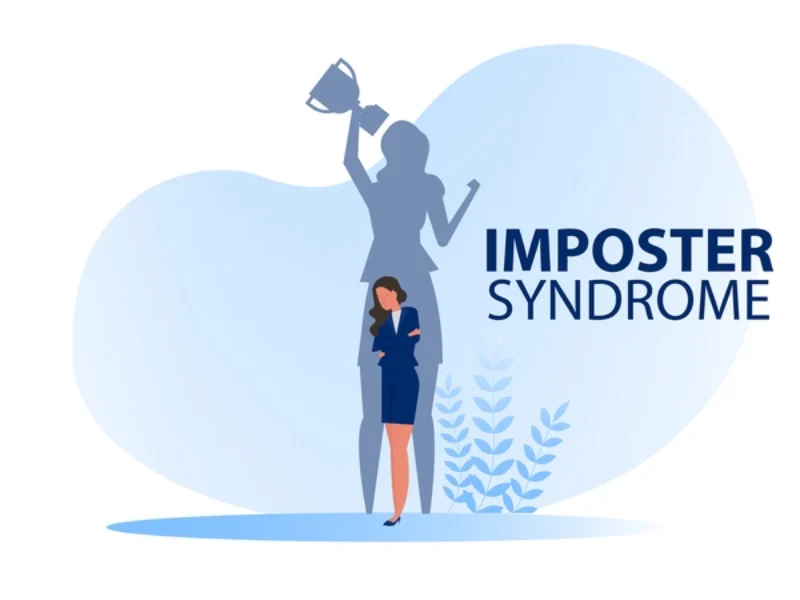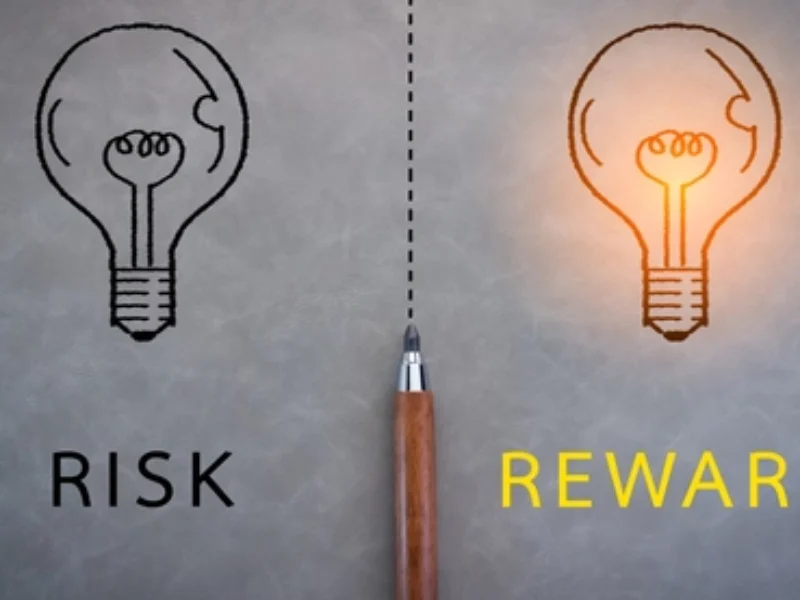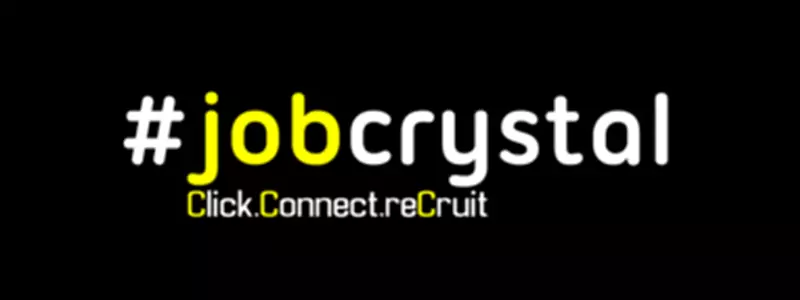Making the decision to start a new business or take an existing business or idea and turn it into a multi-billion-dollar company, especially during a global pandemic is no mean feat. Our lives are forever going to be impacted by this moment in time. We are going to see a shift in the way we travel, the way we spend, what we do, what we don’t do and where we go. However, what is critical to remember is that this moment is a huge opportunity to drive change and move into a new way of doing business, a new way of being. Investors are looking in this moment for talented entrepreneurs who are thinking about the future and who are focusing on shifting us into the future.
When Jake and I started our business Under Canvas in 2009, at the height of the global financial crisis, we had to learn how to navigate the crisis and find our way through it. It was not easy to build a new business in the ensuing confusion and chaos as rules and regulations were changed, and finding funding was impossible. Looking back at my journey, going from being an entrepreneur to an investor, there are certain things I wish I had known then. I wish I had known how Venture Capitalists (VCs) were assessing and analyzing my business. If I had understood what was appealing and critical for them, I could have tailored my communication much more pointedly and shown them what they were looking for without going through so much pain and rejection.
Making the decision to look for funding can be an exciting, scary decision. However, it is important to understand all Venture Capitalists have parameters of the types of companies they are looking for. Some invest only invest in Fintech, some in green initiatives, some only in tech platforms, and others like Enygma, focus only on women-led businesses. However, what is mostly not communicated by VCs is how every company is assessed and critiqued regarding whether its worthy of investment.
Investors look at both the qualities of your business and you, the entrepreneur. The process can be compared to horse racing. We often talk about the idea of “jockeys and horses”. The jockey being the entrepreneur and the business as the horse. Horses don’t win races without great jockeys, and no jockey is investible in without a great horse. So, what do investors look for?
Below are a few qualities investors look for:
The business’ capability – how able is the business to grow and how large is its market? Is it possible for an investor to see the path to a 10x return? Can the business show how this is possible?
How sound is the business model? Is there a clear pathway to profitability and how will the business make money?
Speed is important. How fast can the business grow and what are the costs associated with this growth? Are there any obstacles standing in the way of the business’ growth?
How strong is this business, is it able to handle disruption and withstand crises such as a pandemic, or financial crisis and how does it operate in a crisis?
Agility is important. Can the business pivot easily when the need arises?
And finally, connection. Never undermine the importance of connection as the investor needs to feel a connection with the business and the team. Is there a synergy and passion between the investor and entrepreneur?
On the flip side, when looking at jockeys or the entrepreneur, investors want to know how capable the entrepreneur really is.
Leadership as an entrepreneur must be able to show they have vision and that they can clearly drive their ship even in tough times.
Can the entrepreneur take feedback? Can they learn, adjust, respond and grow.
Does the entrepreneur have what it takes to go the distance and not quit when things get hard? Can the entrepreneur push through when things get hard, and pull off surprising wins?
How the entrepreneur handles failure is important as not everything goes right while in the process of building and growing a business. The ability to learn from failures, leveraging them and learning from one’s mistake is important.
Does an entrepreneur take responsibility when things go wrong, do they apportion blame somewhere else? Those who can take responsibility, regardless of who is at fault are much more likely to become successful business people. Good luck and bad luck comes to us all, those who can own it all and lever it are the ones who will succeed.
Ask yourself, am I a great jockey? In what ways can you improve to become investor ready?
Investors make bets when they make an investment and they like to maximize the possibility of their chances of success of making a financial return on their investment. Therefore, they are looking to bet on great horses and great jockeys. You can greatly increase your chances of getting investment if you have both.
I spoke about this during the first series of the African Startup Investment Summit at the end of April, hosted by Founders Factory Africa and AfricArena. The topic was about the Investor and Founder dynamic. You can watch the conversation here.
Sarah Dusek
Enygma Ventures General Partner & Co-Founder














